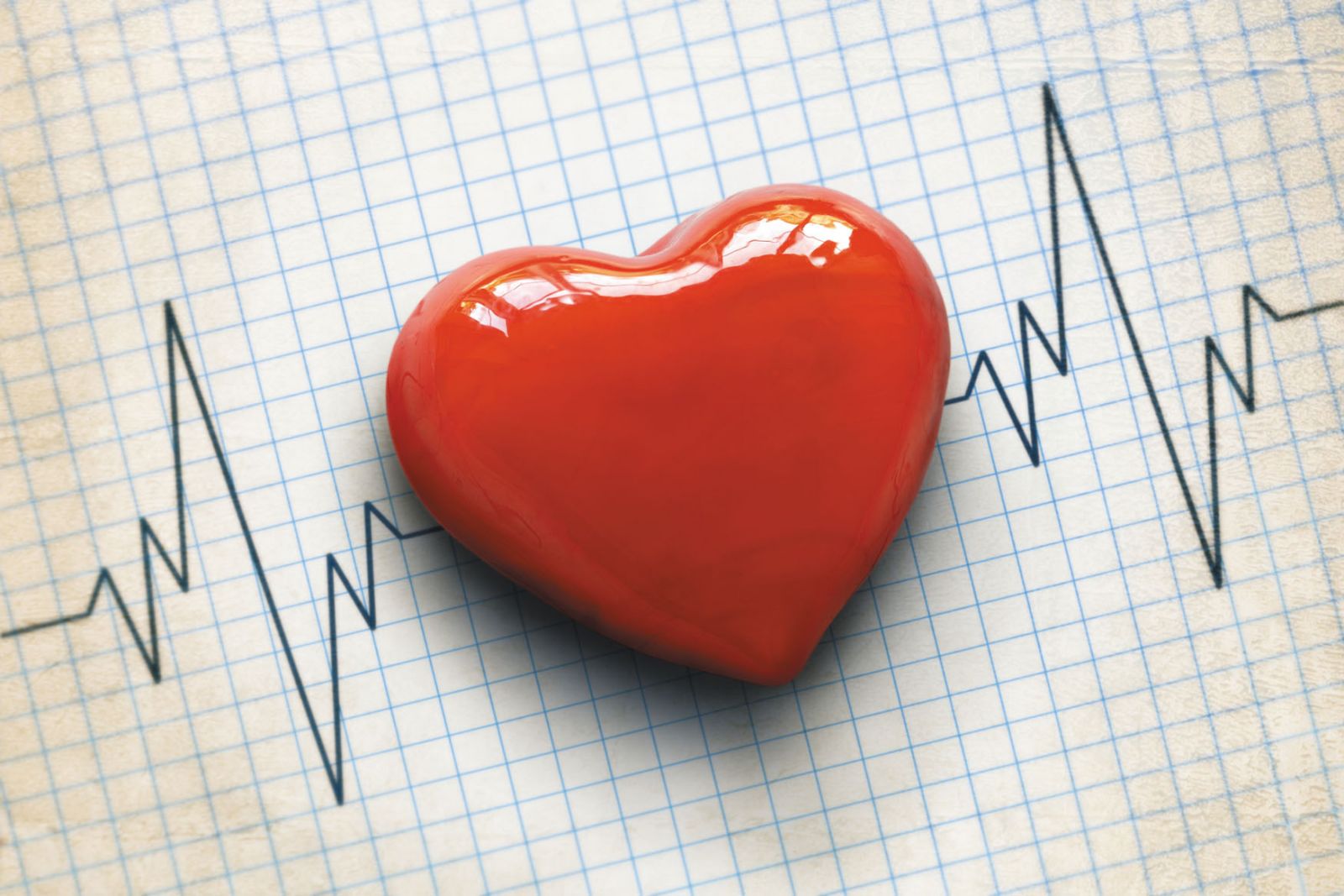The human heart is a muscular organ about the size of a fist, located just behind and slightly left of the breastbone. The heart pumps blood through the network of arteries and veins called the cardiovascular system.
Heart disease is a term covering any disorder of the heart. Below are four common heart diseases.
Myocardial infarction
This is also known as a heart attack, cardiac infarction, and coronary thrombosis. An interrupted blood flow damages or destroys part of the heart muscle.
This is usually caused by a blood clot that develops in one of the coronary arteries and can also occur if an artery suddenly narrows or spasms
Coronary artery disease
The coronary arteries supply the heart muscle with nutrients and oxygen by circulating blood.
Coronary arteries can become diseased or damaged, usually because of plaque deposits that contain cholesterol. Plaque buildup narrows the coronary arteries, and this causes the heart to receive less oxygen and nutrients.
Heart failure
Also known as congestive heart failure, heart failure occurs when the heart does not pump blood around the body efficiently.
The left or right side of the heart might be affected. Rarely, both sides are. Coronary artery disease or high blood pressure can, over time, leave the heart too stiff or weak to fill and pump properly.
Arrhythmia
Arrhythmia is an irregular heartbeat.
There are several ways in which a heartbeat can lose its regular rhythm. These include:
tachycardia, when the heart beats too fast
bradycardia, when the heart beats too slowly
premature ventricular contractions, or additional, abnormal beats
fibrillation, when the heartbeat is irregular
Arrhythmias occur when the electrical impulses in the heart that coordinate the heartbeat do not work properly. These make the heart beat in a way it should not, whether that be too fast, too slowly, or too erratically.
Irregular heartbeats are common, and all people experience them. They feel like a fluttering or a racing heart. However, when they change too much or occur because of a damaged or weak heart, they need to be taken more seriously and treated.
Arrhythmias can become fatal.
The medical information provided in this article is provided as an information resource only. This information does not create any patient-physician relationship and should not be used as a substitute for professional diagnosis and treatment.
Source: Guardian Newspaper




